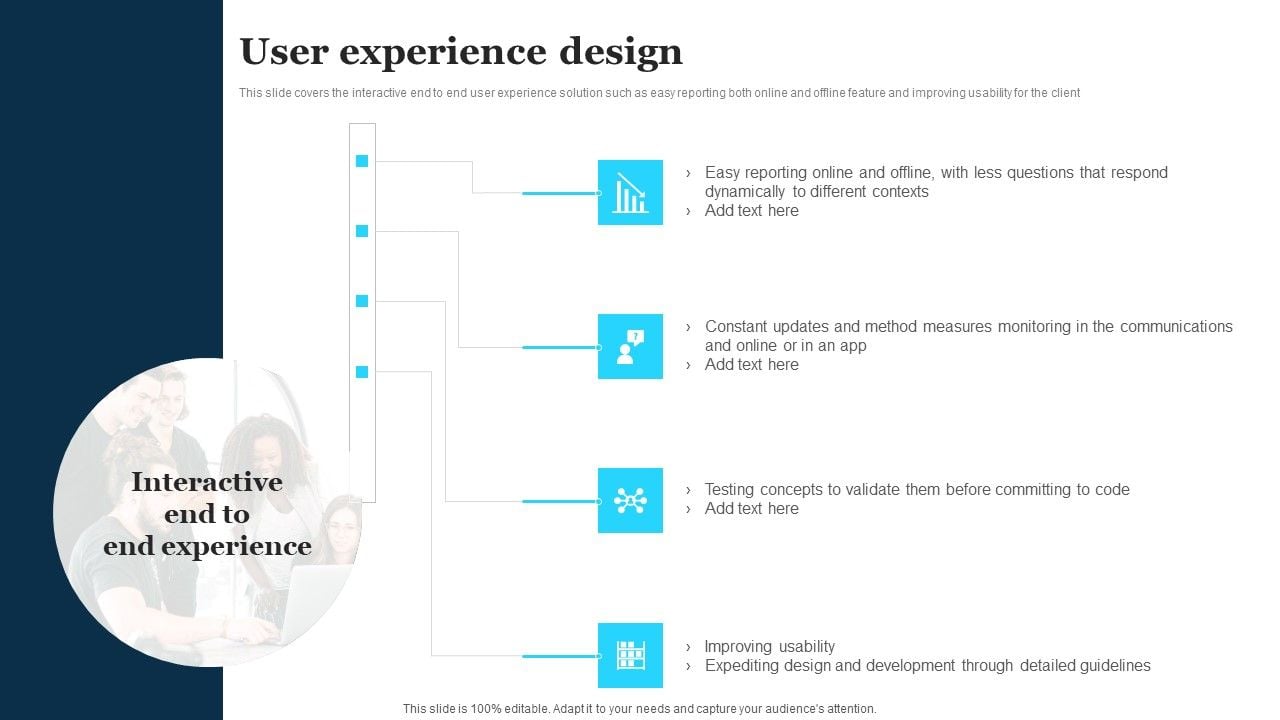Interactive Experience Techniques
In today’s fast-paced digital world, the necessity for engaging and immersive experiences has never been higher. As businesses strive to capture their audiences’ attention, interactive experience techniques are becoming pivotal in the creation of impactful and memorable content. Did you know that interactive content can lead to a 70% increase in engagement rates? In this article, we’ll explore various methods to implement interactive experiences, how they can enhance user engagement, and the best practices to consider.
By the end of this article, you will understand the key interactive techniques, the psychology behind user engagement, and how to effectively implement them in your projects. Additionally, we will highlight some successful case studies and offer insights into future trends within the realm of interactive experiences.
Let’s delve into the world of interactivity in content creation.
Understanding Interactive Experiences
Interactive experiences refer to any content type that allows users to participate actively rather than passively consuming information. Unlike traditional content formats that simply relay information, interactive experiences invite users to engage with the content, leading to a more profound connection.
The Importance of Interactive Content
Interactive content is essential for several reasons:
- Enhanced Engagement: Interactive techniques keep users engaged longer, resulting in better retention of information.
- Data Collection: Through quizzes, polls, and surveys, businesses can collect valuable insights about their audience preferences.
- Social Sharing: Engaging content is more likely to be shared on social media platforms, expanding reach.
- Brand Loyalty: Users remember brands that provide interactive experiences, which could lead to increased loyalty and conversions.
Various Interactive Experience Techniques
Quizzes and Polls
One of the most straightforward interactive techniques is the use of quizzes and polls. These tools not only engage users but also allow for personal connection and feedback. Quizzes can vary from fun personality tests to educational assessments that allow users to measure their knowledge.
For instance, creating a basketball-related quiz where users can determine their knowledge level can be both fun and educational. Check out this article for examples of engaging quizzes.
Interactive Infographics
Infographics present complex information in a visually appealing and easily digestible format. Adding interactive elements such as clickable icons or animated statistics can dramatically enhance user engagement. Users can explore the content by clicking on various sections that reveal deeper information.

Virtual Reality (VR) and Augmented Reality (AR)
VR and AR technologies have transformed the landscape of interactive experiences. They provide users with immersive learning opportunities in various fields, particularly in marketing, education, and entertainment. For example, AR apps allow users to visualize products in their real-world environments before making a purchase.
Gamification
Gamification integrates game-like elements into non-gaming environments, turning ordinary interactions into engaging experiences. This technique can be applied in various contexts, such as learning platforms turning lessons into immersive games that challenge users to test their knowledge.
Interactive Videos
Enhancing video content with interactive elements such as clickable links, quizzes, or selectable endings can greatly improve user engagement. According to studies, interactive videos retain viewers for longer times and can increase conversion rates significantly.
Social Media Engagement
Utilizing social media platforms for interactive content, such as stories with polls or challenges, can effectively engage your audience. This approach can promote deeper involvement and foster community around your brand. Explore examples of social media engagement strategies in this article.
Best Practices for Implementing Interactive Techniques
Know Your Audience
Understand who your audience is and what type of interactive content would most appeal to them. Conduct surveys and analyze user behavior to identify preferences.
Provide Valuable Content
Every interactive element should deliver valuable insights or entertainment. Ensure that users walk away with something beneficial from their engagement.
Focus on User Experience
Prioritize a seamless experience for users engaging with interactive content. Make sure that navigation is straightforward, and the purpose of interactive elements is clear.
Test and Optimize
Continuously test different interactive techniques and formats to find what resonates best with your audience. Analyze data to make informed decisions regarding future content strategies.
Future Trends in Interactive Experiences
As technology advances, so will the possibilities for interactive experiences. Here are some emerging trends to keep an eye on:
- Personalization: Tailoring interactive experiences to individual user preferences will become increasingly important.
- AI Integration: Artificial intelligence will allow for smarter and more adaptive interactive chatbots and customer service experiences.
- Enhanced Gamification: Sophisticated gamification tools will emerge, employing data analytics to enhance user engagement substantially.
Conclusion
Interactive experience techniques are revolutionizing how people engage with content. By fostering active participation, businesses can enhance engagement, loyalty, and overall satisfaction. From quizzes to augmented reality, the applications are endless and constantly evolving.
As you navigate the world of interactive content, remember the importance of understanding your audience, providing value, and optimizing user experience. The future lies in creating immersive and engaging interactions that connect users to your brand in meaningful ways.
Now is the time to integrate interactive techniques into your content strategy and stand out in an increasingly competitive landscape!
